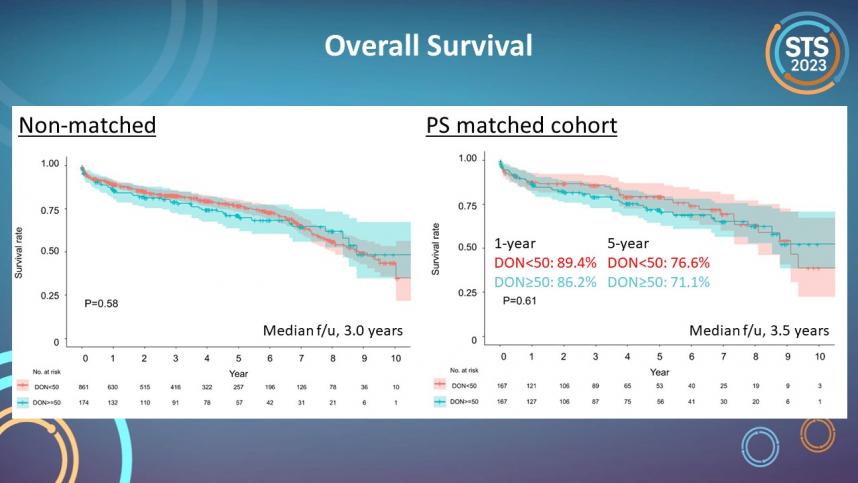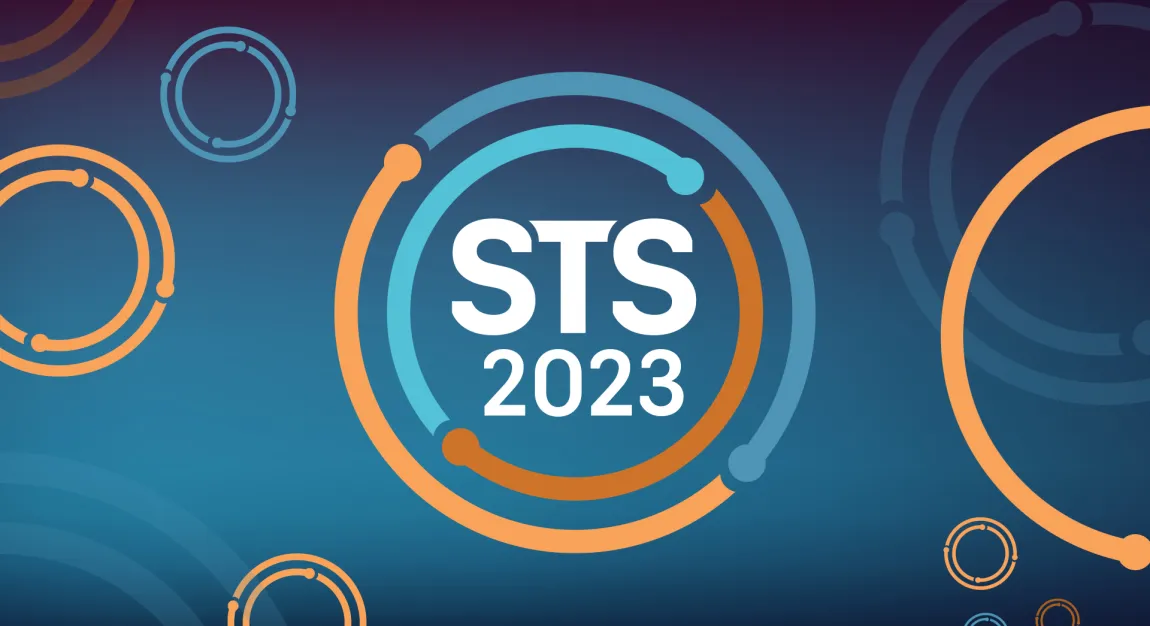With too few donor hearts available for transplantation, surgeons will present a novel solution to heart allocation on Day 2 of STS 2023, with an aim at serving the growing population of eligible patients in their 70s.
On Sunday, January 22, at 3:30 p.m. PT, “The Use of Donor Hearts 50 Years or Older to Septuagenarians in Heart Transplant: The Potential of Expanding the Donor Pool in Older Patients and Increasing the Availability of Younger Hearts” will uncover a potential new group of heart donors who have been previously overlooked. The presentation, part of the session “Expanding the Donor Pool in Heart Transplantation: Current Strategies and Future Perspectives,” will be thought-provoking for surgeons who want to open the door for organ donation to older recipients.
Suguru Ohira, MD, PhD, from Westchester Medical Center Heart & Vascular Institute in Valhalla, New York, will present this study to consider donor patients in their 50s for an emerging segment of heart recipients ages 70-79.
Several key factors, including advances in cardiac transplantation and the 2018 modified guidelines from the Organ Procurement and Transplantation Network (OPTN), make more and more patients in their 70s eligible for cardiac transplantation. This study is the first to present a feasible solution to serve these patients without compromising the entire pool of heart recipients.
In the United Network for Organ Sharing system, 1,036 heart transplants occurred between January 2011 to December 2021 in patients 70 years or older. Of these, 861 patients received hearts from donors under age 50 and 175 patients received hearts from donors ages 50 and older. Survival was comparable between both recipient groups: One-year and five-year survival rates for patients who received hearts from donors over age 50 were 89.4% and 76.6%, respectively. One- and five-year survival rates for patients who received hearts from donors ages 50 or under were 86.2% and 71.1%, respectively.
“Although these hearts from advanced age donors might not be the best hearts for younger recipients who are in their 30s or early 40s, they could be a reasonable option for candidates in their 70s,” Dr. Ohira says. “Yet these hearts are often not recovered, just because of ‘donor age,’ even though their functions and structures are normal.”
Dr. Ohira says this study, conducted with six colleagues from Westchester Medical Center and New York Medical College, was undertaken following excellent outcomes at their institution with transplants for septuagenarians using hearts from donors in their 40s and 50s.
STS 2023 is being held in person, and there is still time to register at sts.org/annualmeeting.

